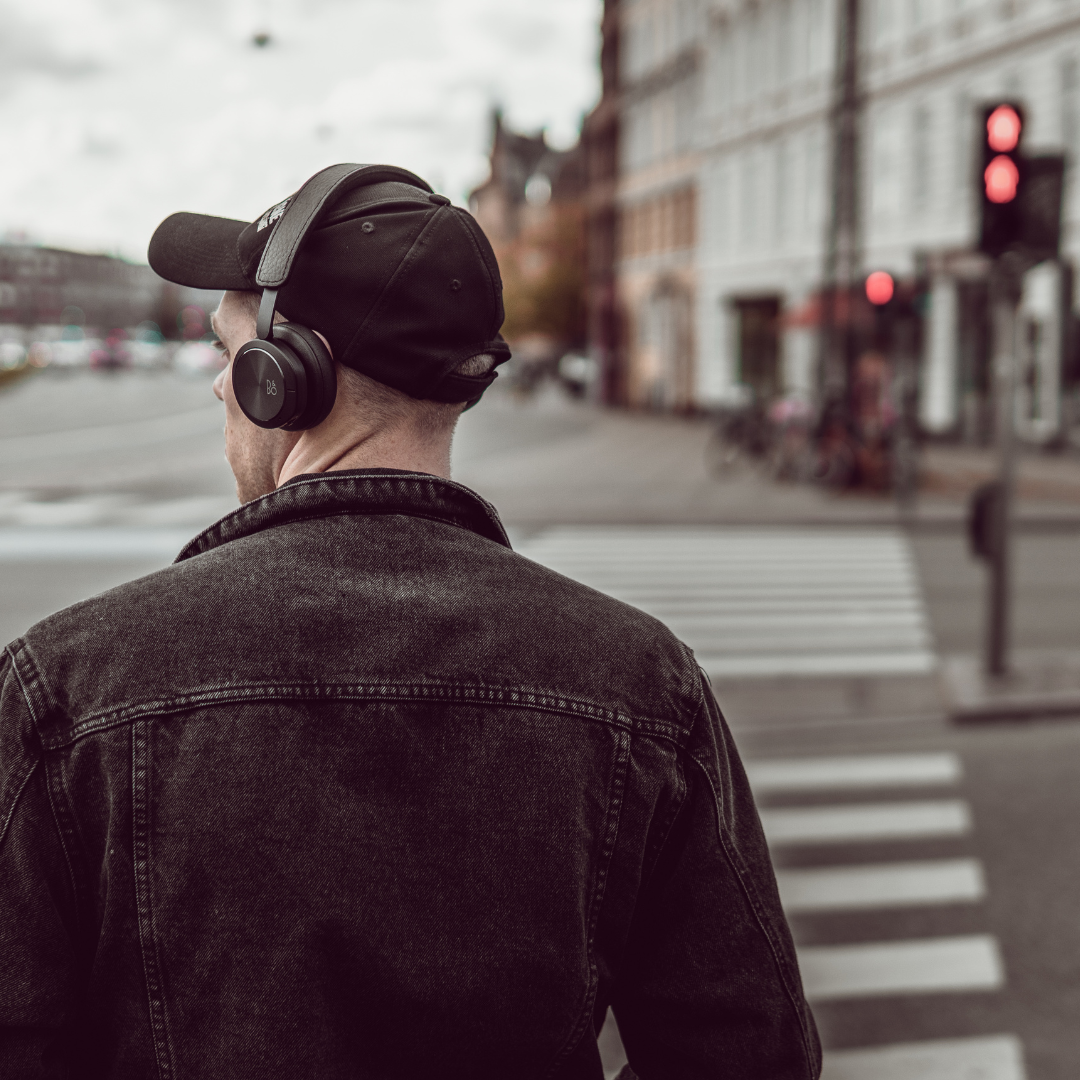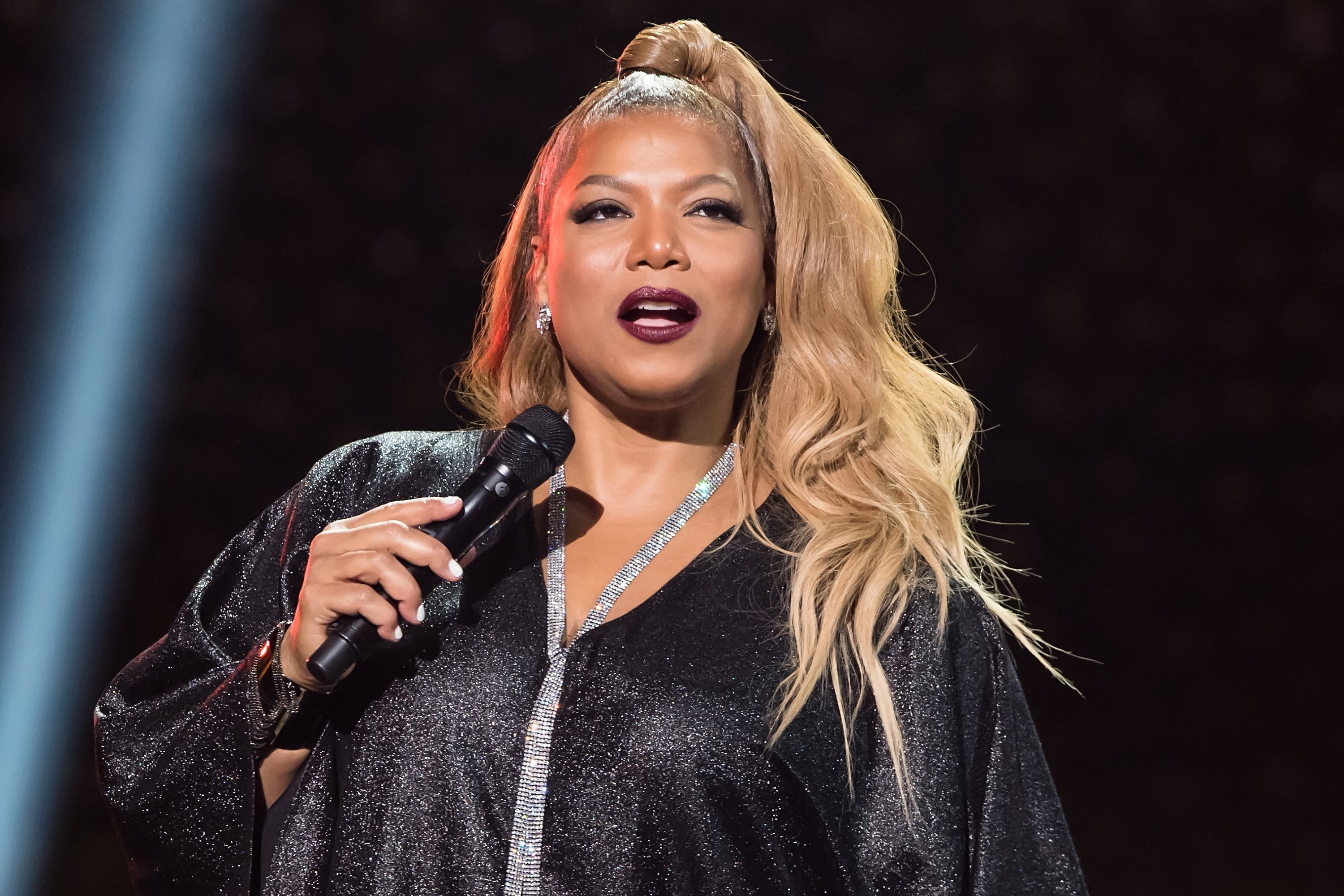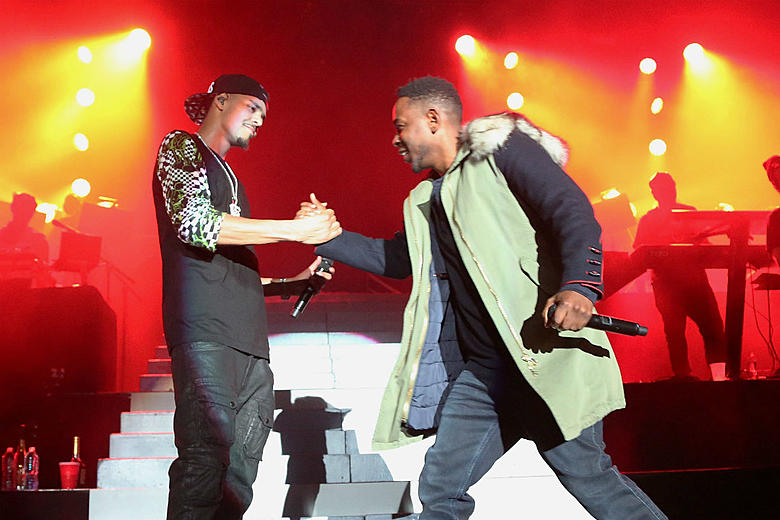Άρθρο: Hip-Hop und psychische Gesundheit: Die heilende Kraft der Musik

Hip-Hop und psychische Gesundheit: Die heilende Kraft der Musik
Hallo,
Reden wir über etwas, das mir am Herzen liegt: die unglaubliche Heilkraft des Hip-Hop. Hip-Hop ist nämlich nicht nur Musik; für viele Menschen ist er ein Rettungsanker, der ihnen hilft, die schwierigen Phasen des Lebens zu meistern. Egal, ob Sie ein lebenslanger Fan sind oder nur zum ersten Mal in das Genre hineinschnuppern, Sie werden vielleicht feststellen, dass Hip-Hop Ihnen eine Art Trost spenden kann, von dem Sie nie wussten, dass Sie ihn brauchen.
Das emotionale Ventil
Hatten Sie schon einmal einen dieser Tage, an denen Ihnen alles zu viel erscheint? Hip-Hop ist wie ein vertrauter Freund, der Sie versteht. Künstler wie Kendrick Lamar, Tupac Shakur und J. Cole legen in ihren Texten ihre Seele frei und teilen ihre tiefsten Kämpfe und Siege. Ihren rohen, ungefilterten Worten zuzuhören, kann unglaublich kathartisch sein. Es ist, als ob da draußen jemand genau versteht, was Sie gerade durchmachen.
Nehmen wir zum Beispiel „Alright“ von Kendrick Lamar. Es ist mehr als nur ein Lied; es ist eine Hymne der Widerstandskraft. Wenn Sie sich schlecht fühlen, kann es einen großen Unterschied machen, einen solchen Song aufzulegen, der Sie daran erinnert, dass Sie mit Ihren Problemen nicht allein sind.
Gemeinschaft und Zugehörigkeit
Beim Hip-Hop geht es nicht nur um die Musik, sondern auch um die Menschen. Es hat sich eine globale Community entwickelt, in der sich Menschen über gemeinsame Erfahrungen austauschen und gegenseitig unterstützen können. Ob beim Chatten in Online-Foren, beim Besuch lokaler Hip-Hop-Events oder einfach beim Diskutieren der Lieblingssongs mit Freunden – es herrscht ein Gefühl der Zugehörigkeit, das anderswo nur schwer zu finden ist.
Vor allem für viele junge Menschen bietet Hip-Hop einen sicheren Ort, an dem sie sich frei ausdrücken und Akzeptanz finden können. Es ist, als ob man seinen Stamm findet – einen Ort, an den man wirklich gehört.
Ausdrücken und Verarbeiten von Emotionen
Hip-Hop zu machen kann auch therapeutisch sein. Für Künstler ist das Schreiben und Auftreten eine Möglichkeit, ihre Emotionen zu verarbeiten, sich ihren Traumata zu stellen und Heilung zu finden. Es ist eine Form der Therapie, die kein klinisches Umfeld erfordert und daher zugänglich und nachvollziehbar ist.
Auch wenn Sie kein Künstler sind, kann Ihnen die Beschäftigung mit Hip-Hop – sei es durch das Schreiben eigener Texte, Tanzen oder einfach nur Mitsingen – dabei helfen, Ihre Emotionen konstruktiv zu kanalisieren. Es verwandelt Gefühle wie Wut, Traurigkeit oder Angst in etwas Schönes und Kraftvolles.
Sensibilisierung und Abbau von Stigmatisierung
Eines der coolsten Dinge am Hip-Hop ist, wie er psychische Gesundheitsprobleme ins Rampenlicht rückt. Künstler nutzen ihre Plattformen, um Stigmata abzubauen und offene Gespräche zu fördern. Erinnern Sie sich an „1-800-273-8255“ von Logic? Es lenkte die Aufmerksamkeit auf die Hotline zur Suizidprävention und löste wichtige Diskussionen über psychische Gesundheit aus.
Indem diese Künstler in ihrer Musik Themen wie Depressionen, Angstzustände und Sucht behandeln, machen sie es uns allen leichter, über unsere eigenen psychischen Probleme zu sprechen, ohne uns zu schämen.
Inspirierende Geschichten
Im Hip-Hop gibt es viele inspirierende Geschichten über die Überwindung von Widrigkeiten. Denken Sie an Jay-Zs Weg von seiner Kindheit in einem Sozialwohnungsprojekt in Brooklyn zu einer weltweiten Ikone. Geschichten wie seine erinnern uns daran, dass wir mit Ausdauer unsere Umstände überwinden können, egal wie schwierig die Dinge auch werden.
Diese Geschichten von Widerstandskraft und Entschlossenheit können unglaublich motivierend sein, besonders wenn man vor eigenen Herausforderungen steht. Sie zeigen uns, dass wir Großes erreichen können, egal wo wir anfangen.
Abschluss
Denken Sie also beim nächsten Mal, wenn Sie Ihren Lieblings-Hip-Hop-Track hören, daran: Es ist mehr als nur Beats und Reime. Es ist eine Quelle des Trostes, des Verständnisses und der Inspiration. Hip-Hop kann ein mächtiges Mittel zur Heilung und Hoffnung sein, es bietet ein emotionales Ventil, fördert Gemeinschaft, bietet eine Möglichkeit zum Ausdruck, schärft das Bewusstsein und ermöglicht es, inspirierende Geschichten zu teilen.
Hip-Hop heilt, Beat für Beat. Und wenn Sie jemals eine Erinnerung daran brauchen, dass Sie mit Ihren Problemen nicht allein sind, drücken Sie einfach auf „Play“.
Passen Sie auf sich auf und halten Sie die Musik am Leben.


